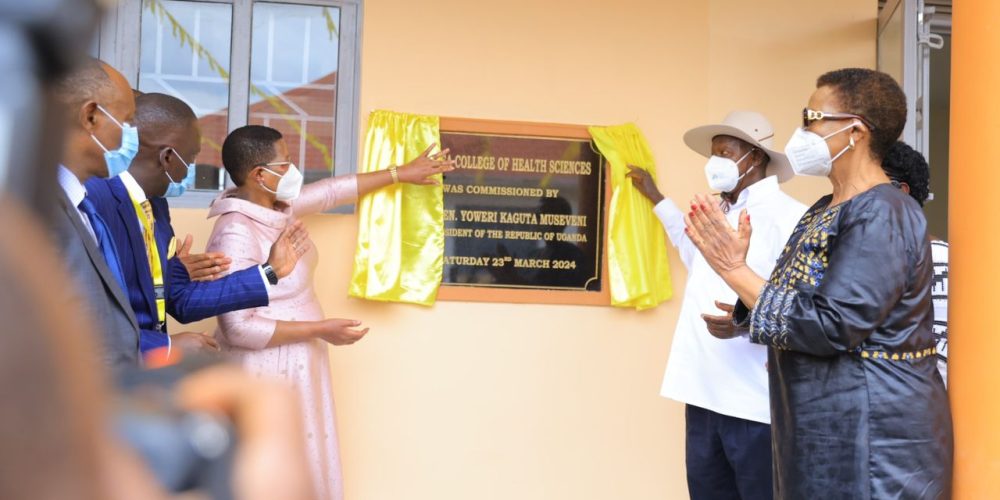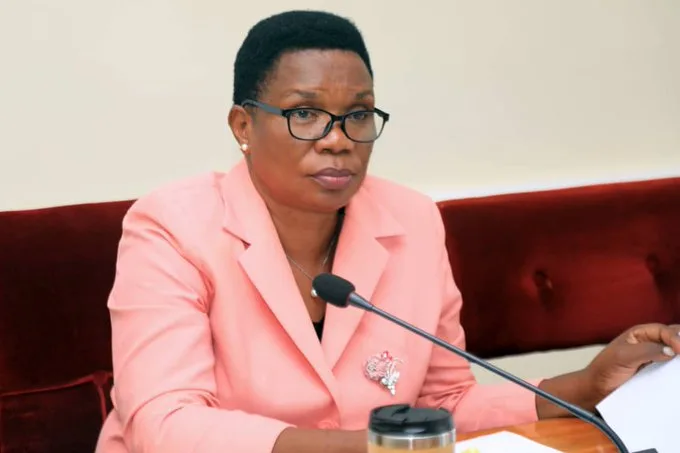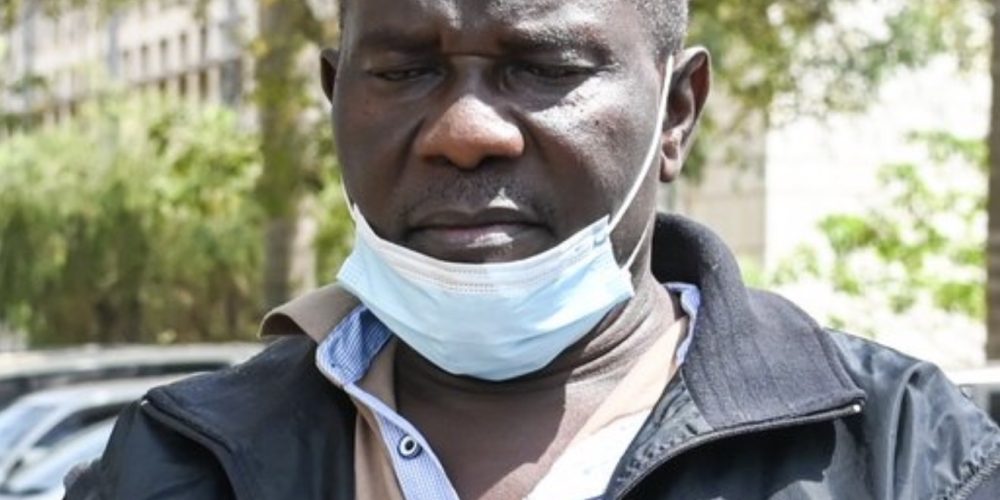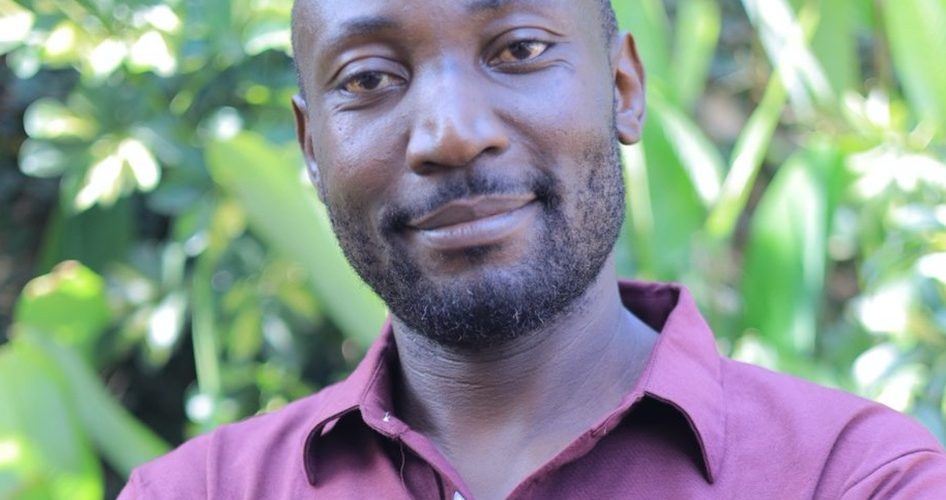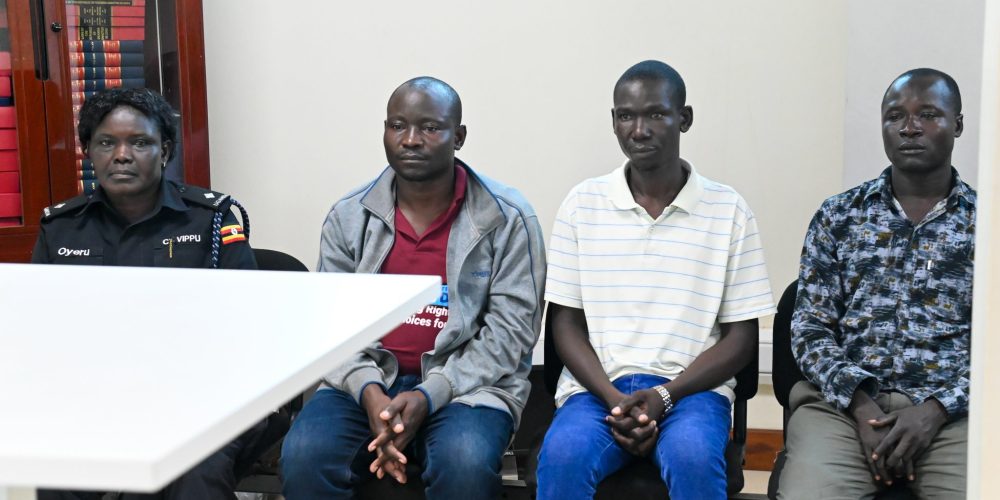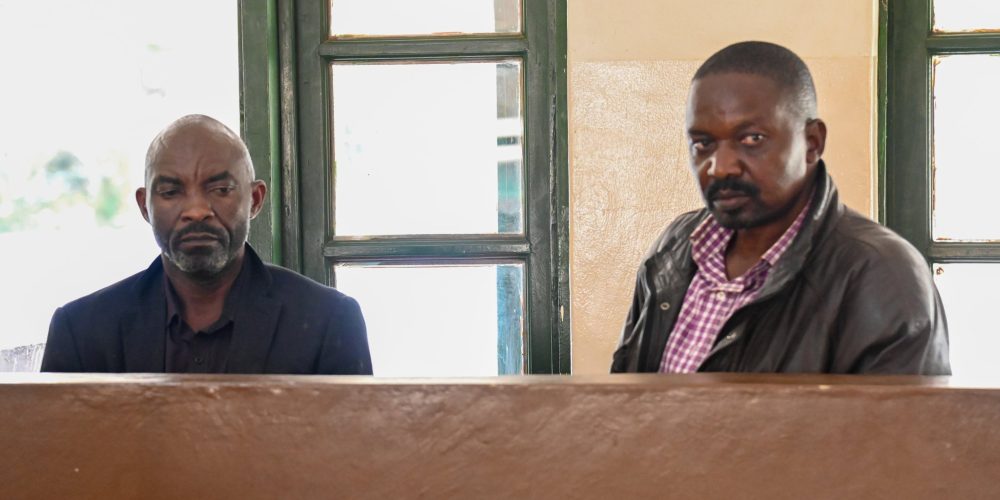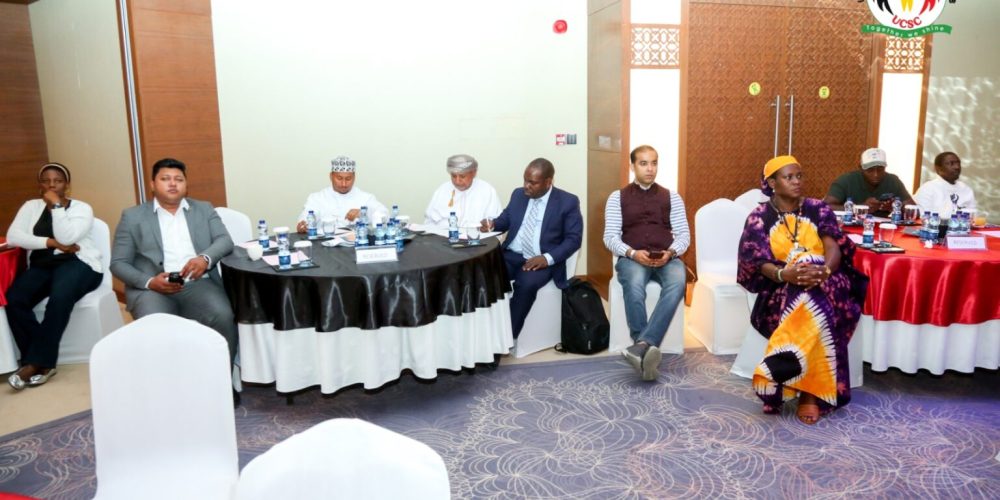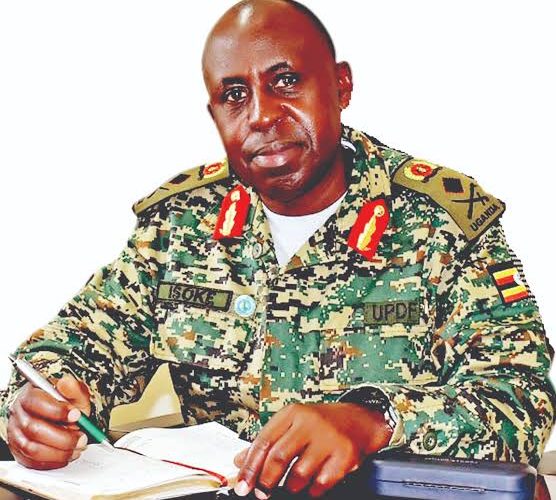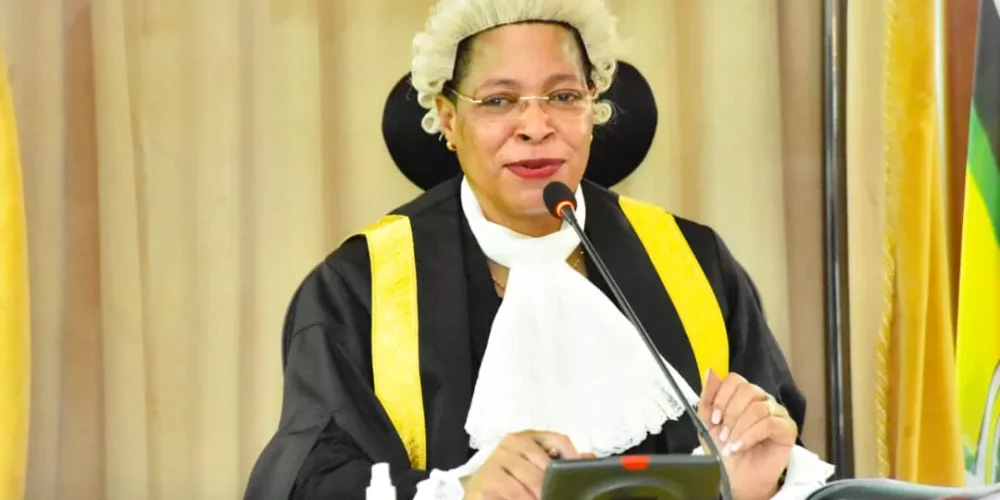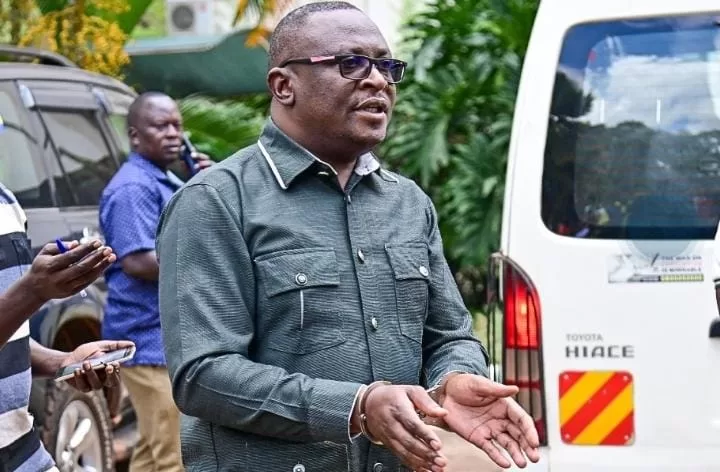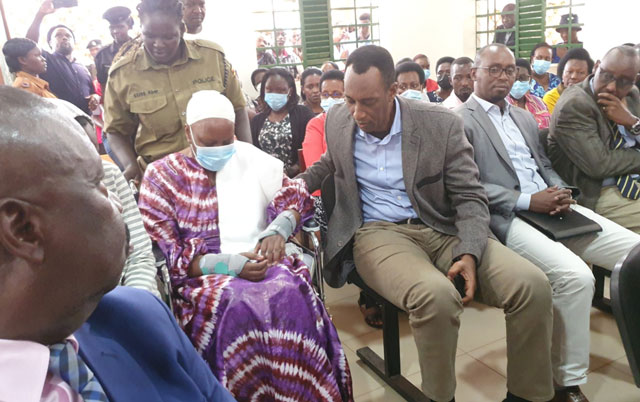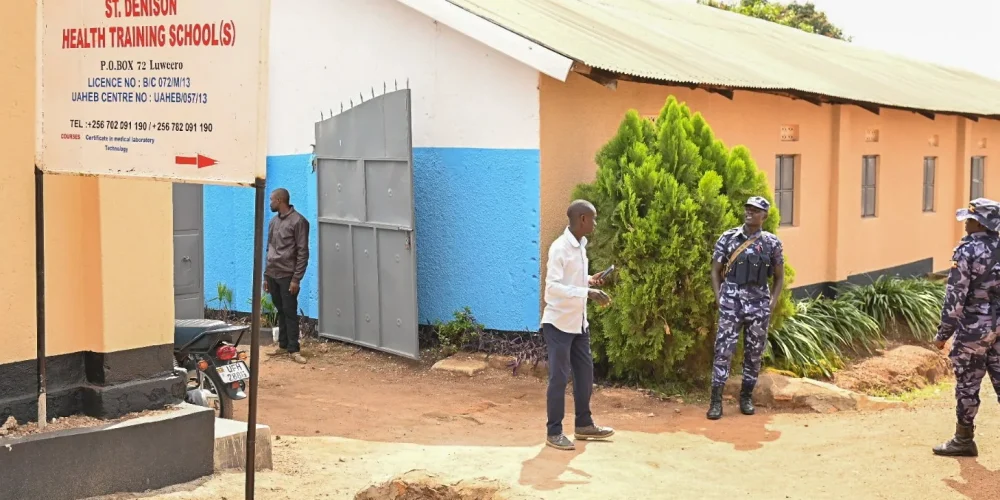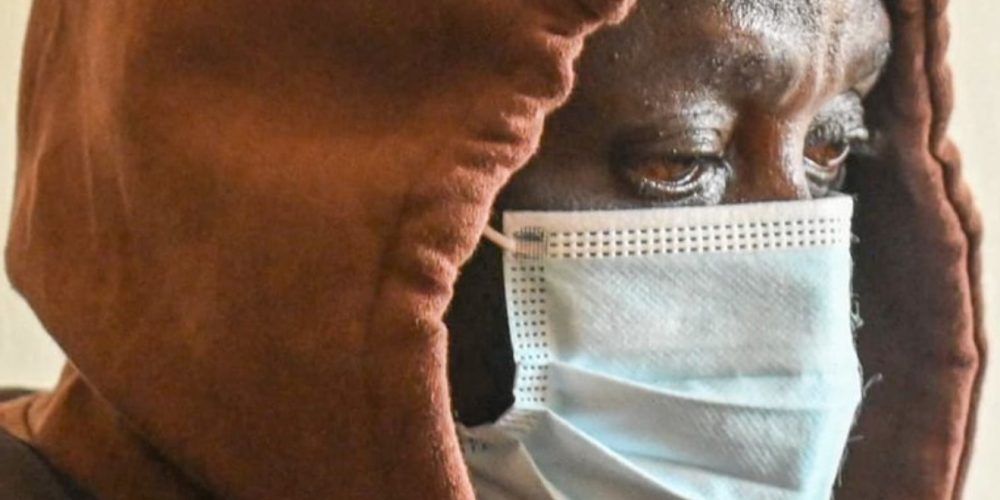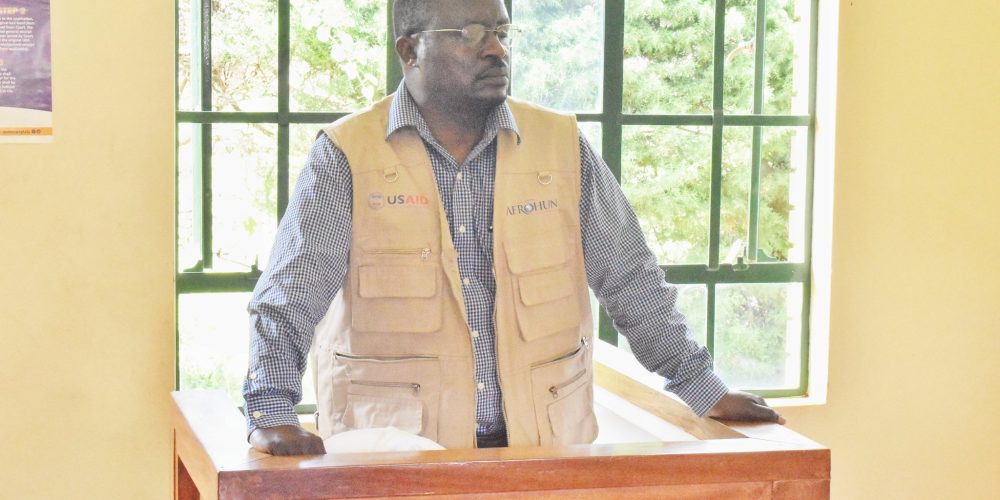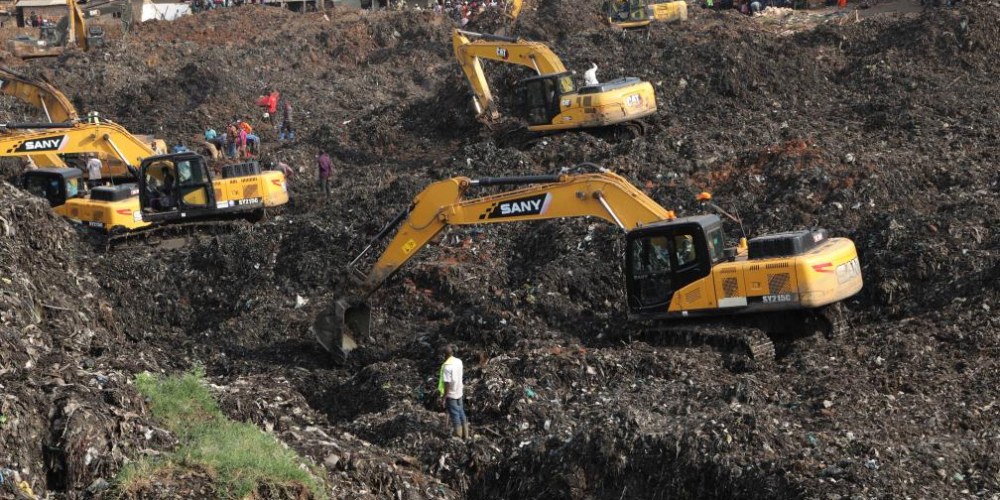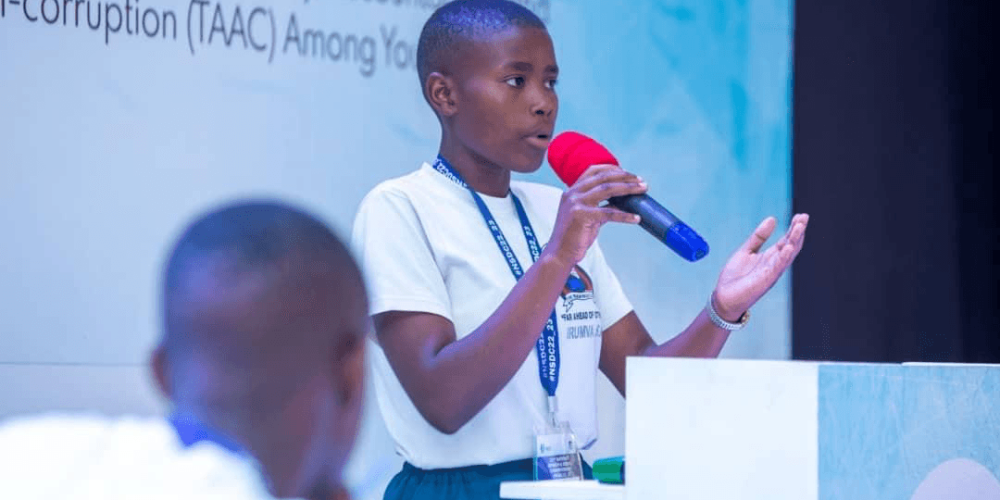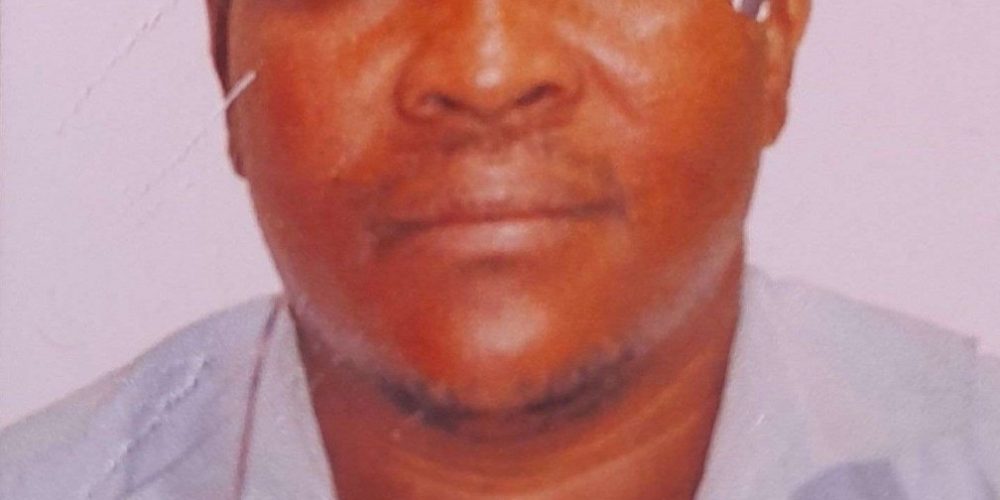SH-ACU, NDC Anti-Corruption Debate Competition set for Friday
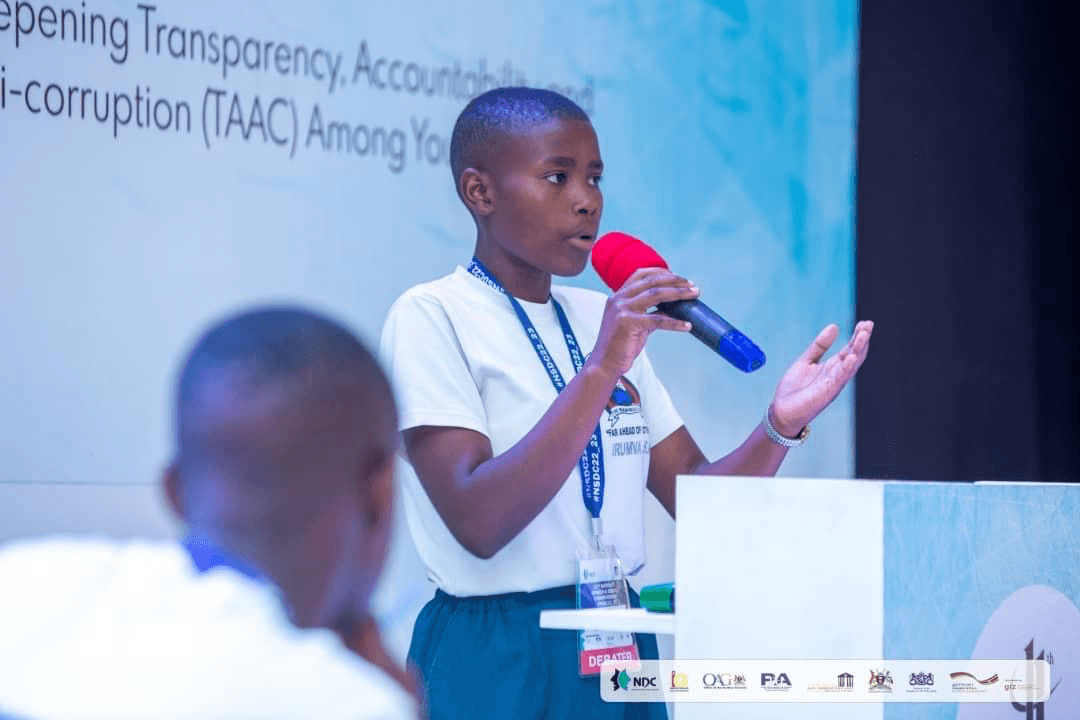
KAMPALA. Selected schools will Friday December 6, converge in Kampala to compete in Uganda Speech and Debate championship league 2024 at the office of the Prime Minister Minister’s conference at 1.30pm.
The purpose of the school debate organised by the State House Anti Corruption Unit (SH-ACU) headed by Brig Henry Isoke in conjunction with the National Debate Council (NDC) is to raise awareness among students about the detrimental effects of corruption on society and to empower them to become advocates for transparency, accountability, and ethical leadership.
Through debating topics related to corruption, students will be encouraged to critically analyze the root causes of corruption, its impact on development, and potential solutions to combat this pervasive issue.
Participating in the anti-corruption debate competition provides students with a platform to voice their opinions, propose innovative ideas, and engage in constructive dialogue on how to effectively address corruption in various sectors of Ugandan society.
Analysis shows by students researching and presenting well-founded arguments, they will develop their research skills, public speaking abilities, and critical thinking capacities.
The NDC Anti-Corruption Competition aims to cultivate a culture of integrity, honesty, and good governance among the youth of Uganda. By actively participating in debates on corruption-related topics, students will learn the importance of ethical behavior, the value of upholding principles of justice and fairness, and the role they can play in promoting integrity within their communities.
This is NDC’s flagship programme launched in 2009 as the National Schools Debate Championship (NSDC). It is Uganda’s first and most engaging Debate championship whose name changed in 2023 with the full introduction of speech events like Poetry, Public Speaking and Story Telling. NSDC has since 2019 run under thematic areas of Transparency, Accountability and Anti-Corruption (TAAC). The main focus continues to be in the sectors of education, health, infrastructure, climate change and environment.











